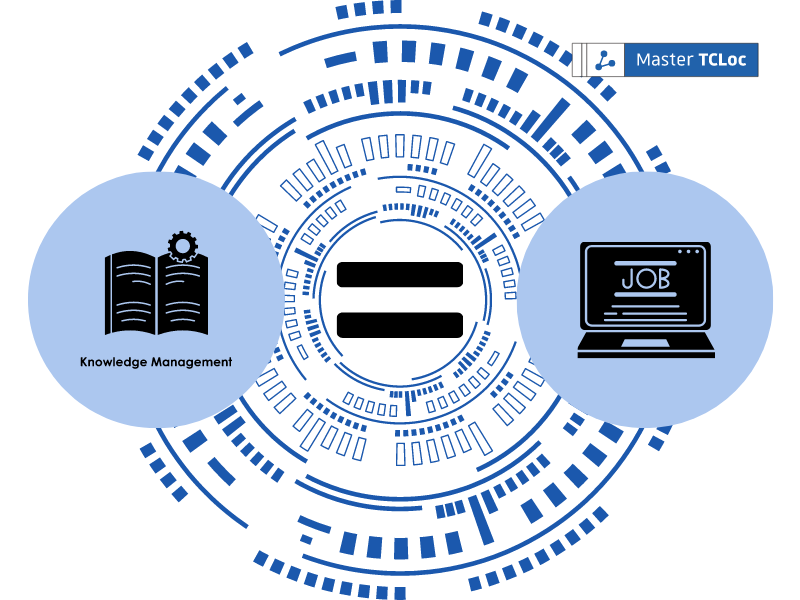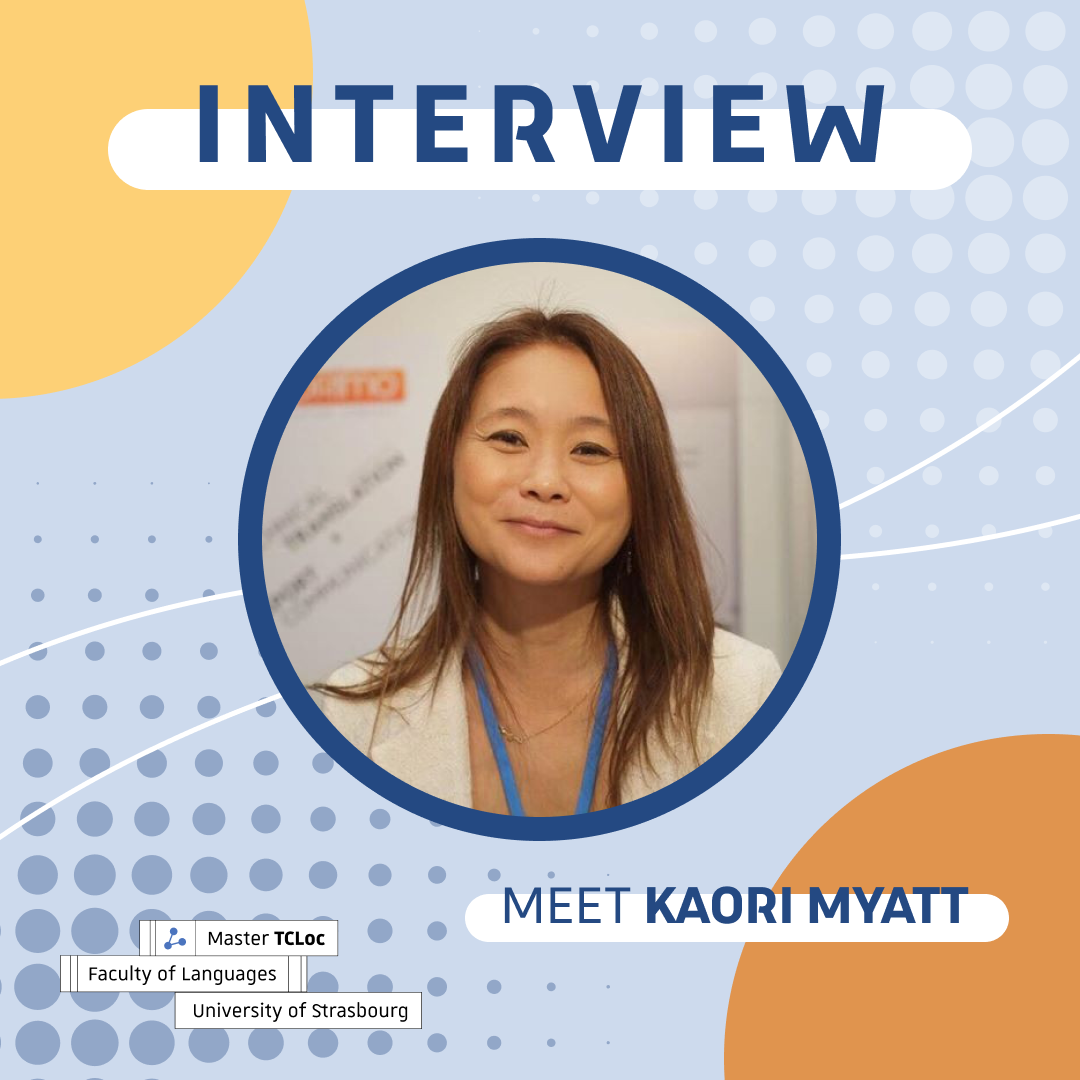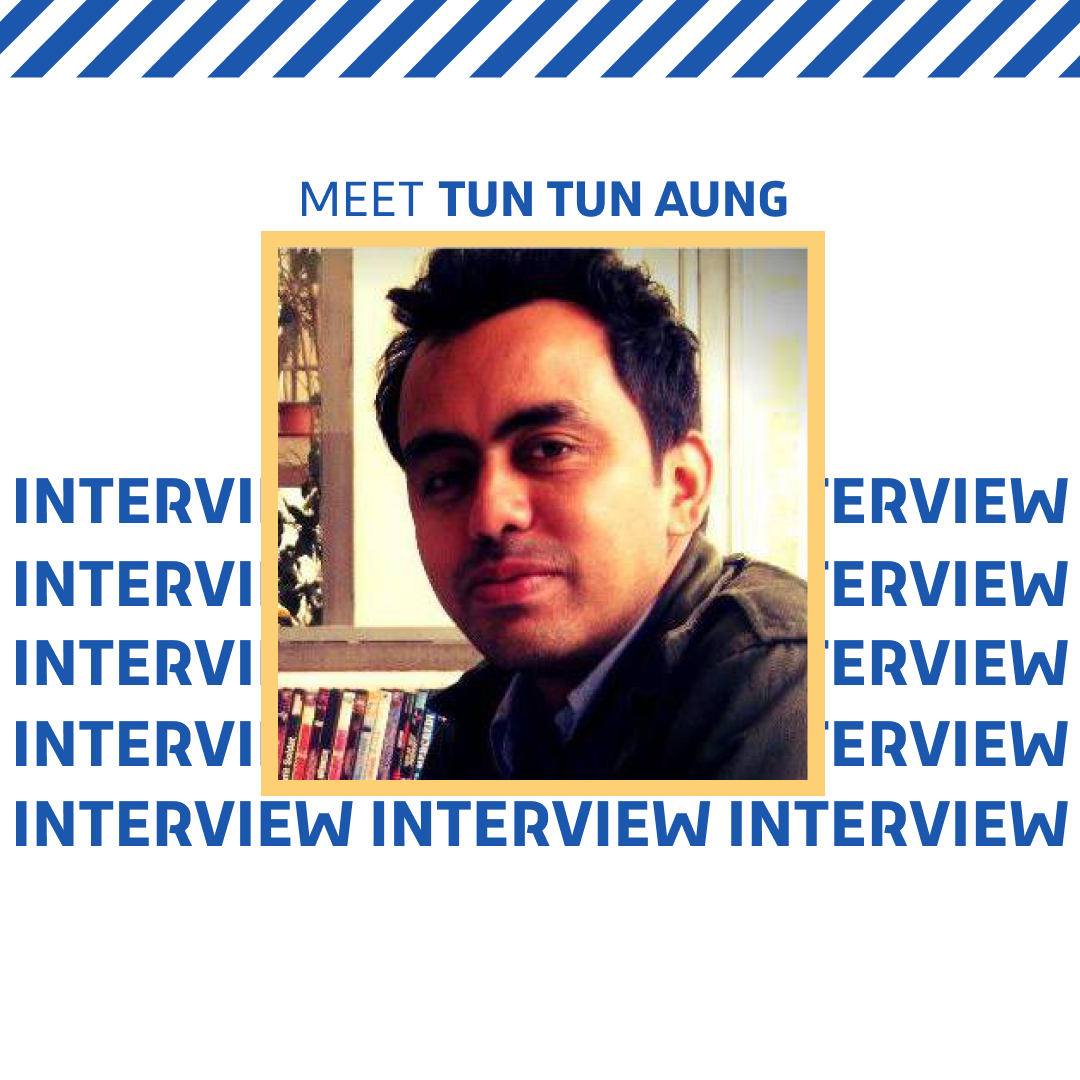Knowledge management is the process of creating, sharing, updating, and storing knowledge or information within an organization. This process requires the use of several methods, tools, and workers to ensure knowledge is being used and recorded effectively. In this interview, Isis Arce-Melton provides an overview of knowledge management, the skills technical writers need to work within this field, and how an individual can become a technical writer within an Information Technology (IT) company.
About Isis Arce-Melton
Isis Arce-Melton is a knowledge manager who works with General Dynamics Information Technology (GDIT) customers to provide them with a customized knowledge management approach to produce a robust and sustainable solution. Isis has more than 20 years of experience in the government sector with a focus on training, project management, and knowledge management. She is a certified knowledge manager and a knowledge-centered service practitioner and trainer. She is managing over 15 different programs and most recently acted as a knowledge management consultant for NASA and the Securities and Exchange Commission.
Madison Brown
To begin, can you please introduce yourself and your current role at General Dynamics Information Technology (GDIT)?
Isis Arce-Melton
Sure. So, my name is Isis Arce-Melton. I am a Senior Project Task Manager at GDIT. I’ve been here since 2017 in that role, and I lead a cadre of knowledge analysts, knowledge engineers, and knowledge managers to fulfill our services as knowledge management as a service.
Learning About Knowledge Management
Madison Brown
In your opinion, how does knowledge management, and the teams within knowledge management, support and contribute to the goals and overall objectives of an IT company such as GDIT?
Isis Arce-Melton
Well, absolutely. So, I think everybody has heard the phrase “Knowledge is king,” which is absolutely right. But here is the problem, knowledge is only powerful to the collective if documented. If it lives in only one person’s brain and he/she regurgitates that information repeatedly, then it is not helpful for the entire company. So, being able to actually document the different processes and tasks allows everyone to use them. Documentation is critical in making sure that your IT company is agile when they need to bring somebody in or just share knowledge with everybody else in a not very expensive way for the company. It must be repeatable, and then not only that, but it has to be updated from time to time. So, it is absolutely imperative for an IT company to have those things documented. That way, we can make sure that we are following those processes. And then, not only that, but we must be able to share those processes with others who may actually need them.
I have been asked many times, “Hey, can you share your processes with us about knowledge management? I heard you talk at a symposium about it.” Because our processes are documented, I can say, “Yeah. Here you go. Here are all of our processes documented. Take what you need and leave what you don’t.” So, it is imperative to be able to share this knowledge. It also shows what we have learned when we have, as my director says, “skinned our knees and bruised our elbows from time to time.” It shows that we are refining our processes with those documents. It is not typically one lesson learned from this one program, let’s say, for example, a National Aeronautics and Space Administration (NASA) group that I worked for on another project. Some things that worked for a project, such as the Veterans Affairs (VA), could not be replicated in this NASA environment. Learning from those documents is helpful for everybody within the company itself.
Madison Brown
I couldn’t agree more, and I think that is a wonderful perspective on knowledge management. For large companies, process documentation offers important learning opportunities as these companies can identify areas in need of improvement.
As GDIT continues to grow, how do the technical writers help support the knowledge management process to ensure that knowledge is being created, stored, updated, and retired efficiently?
Isis Arce-Melton
Indeed, my technical writers are my frontline writers. They are the ones who are diving into the knowledge bases and ensuring that the knowledge is updated periodically, whether it be semiannually or annually. They ensure that those documents are usable by everyone and that everybody can get to them. Not only that, but they are also responsible for understanding the process of identifying knowledge gaps and then implementing the strategy on how to get new knowledge created or updated. So, the knowledge analysts or technical writers are the workhorses, if you will, of the knowledge management team. They are also responsible for maintaining relationships with the subject matter experts (SMEs) who provide us with the information we may identify as a gap. We must have a well-written, well-documented knowledge base.
Then, the knowledge engineers are in charge of making sure that the tools are available to the analysts and that we do any innovation, such as an annual update within the tool itself. A knowledge engineer ensures that the knowledge analysts are not the ones who have to innovate or have to identify those knowledge gaps. The knowledge engineer’s role is really about the innovation of that process and mainly supports the knowledge analysts. Finally, of course, the knowledge manager oversees the entire process, from the tools to the people in the process. So, knowledge managers are responsible for the people, processes, and technology. If we are talking about Information Technology Infrastructure Library (ITIL) terms for an IT company, we ensure that this is happening regularly.
Skills and Certifications
Madison Brown
That is very helpful and informative for individuals who are unaware of the knowledge management hierarchy and the knowledge management in IT settings.
So, as a hiring manager for the knowledge management team at GDIT, what skills, certifications, or job experience do you look for in a strong candidate? Must candidates have a background in specific tools or in technical writing in general?
Isis Arce-Melton
That is a great question, Madison. So, for the Technical Writer I position, which is entry-level, ITIL foundations are most certainly a great addition to a candidate’s certifications. Also, a Knowledge Centered-Service (KCS) practices certification offers another knowledge management methodology. That is a terrific one. Madison, you already have the KCS certification, which is fabulous. Having some experience using the ServiceNow and BMC Remedy knowledge management modules would also be beneficial because both applications are frequently used in projects. However, if you are coming in at an entry-level, then I am really looking for solid technical writing skills. That is what I’m looking for, most certainly a bachelor’s degree in English, maybe even a minor in technical writing. Not only that, but also understanding accessibility and inclusivity (i.e., 508 compliance) and perhaps even experience with video recording applications. Another skill that would be good or helpful is knowing how to use HTML. But the only skill that I am looking for from an entry-level position is somebody who is undoubtedly a strong technical writer and has strong verbal skills.
Candidates must be very communicative. That is a substantial soft skill that is often overlooked, but a lot of our job is communicating with the Subject Matter Experts (SMEs) to get them to provide us information that they do not have the time to document themselves. We are writing for them, so those verbal and relationship-building skills are just as important as understanding how to use ServiceNow. And here is the thing. I really believe that anybody could be taught how to use a tool. Those soft skills really are the ones that have to be developed and take longer to evolve.
Final Thoughts
Madison Brown
I think it is fair to say that there are a lot more training modules and videos on technical skills than there are on soft skills.
Continuing onto our final question, what advice would you give to a technical writer or technical communicator who is interested in working for a technology company?
Isis Arce-Melton
Well, first of all, if they are in college, please apply for any internships, whether they are in a company that has a presence in your area or if they are around your college, apply for those internships. That experience will show you whether or not this is something you really want to get into at low risk to you and the company. It also establishes a relationship with that company going forward and allows you to identify if that part of technical writing did not really fit. You can then ask, “Are there any other opportunities within this company for me to be able to explore technical writing?” Those are tremendous opportunities. Again, very low risk to the company and low risk to the individual to go ahead and do some type of internship work. For example, Madison, when you were an intern with me the first year, I had you look at other jobs out there on a job finding website that lists the different types of technical writing. Technical writing for an IT company is not for everyone. There are different types of technical writing that can be done. It could be for the medical field. There are just a vast number of various areas that you can go ahead and dive into. Seeing what is out there and what companies are looking for, as far as requirements, will help you get ahead.
I think that young folks coming out of college who want to get into the technical field often ask themselves, “Well, how do I get there? How do I get in?”. Look at the jobs out there and what they are requiring you to have. Again, you can do some internships to get experience because everybody is asking for experience, even for very entry-level positions. I find that very funny, but I would look at job recruiting websites. It can give you a feel for what certifications the industry is looking for and the type of experience they want you to have, and with what applications. It will also give you an idea of what jobs are there for you. There are other fields that you most certainly can be a technical writer in.
Madison Brown
Thank you so much for your insight and for joining me today. Are there any last comments you would like to share before we end the interview?
Isis Arce-Melton
Definitely, so I just want to say, from a person who has hired folks from college, who have just graduated, and from having interns come into GDIT, internships and university relationships have been such an excellent way for GDIT to start streamlining our hiring. So, professors, do not be afraid to reach out to these companies and ask them if they are willing to create a pipeline with your college. They can also provide insights into what we are looking for, not only as a company but also as an industry. I believe that has been really successful for GDIT. We have been able to do that with Louisiana Tech University, and now we are actually spreading that across other colleges within the local area to find local talent. So, definitely reach out to those companies. There is absolutely somebody interested in investing in future talent, and there is such a bonus, not only for the colleges but also for the company itself.
Madison Brown
Thank you for those wonderful final thoughts and, once again, thank you so much for joining me today.
Isis Arce-Melton
Absolutely, thank you so much.
Interviewer: Madison Brown has interned as a technical writer with GDIT during the summers of 2020 and 2021. She has accepted a full-time position with the company following her graduation from Louisiana Tech University in May 2022. Currently, Madison is interning with the University of Strasbourg, and she is completing her undergraduate degree.



